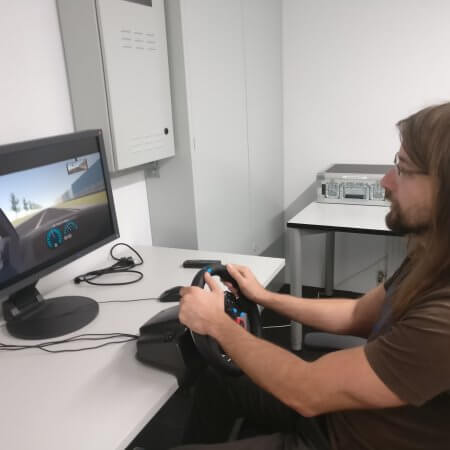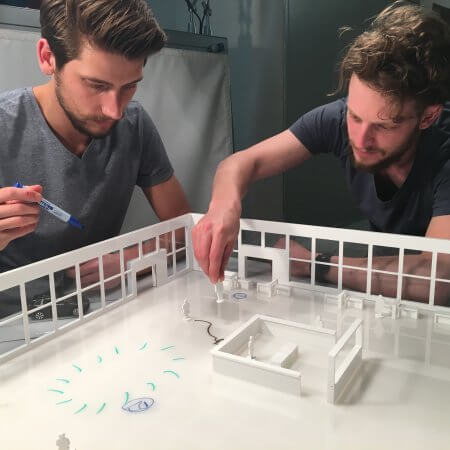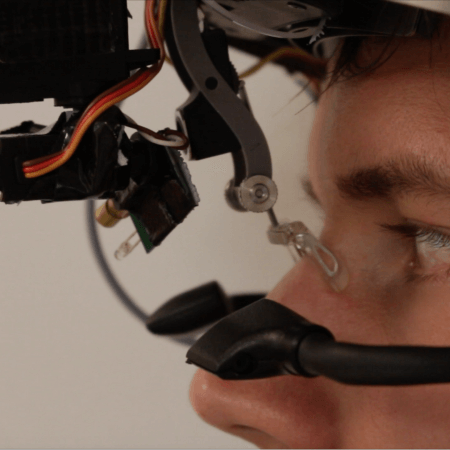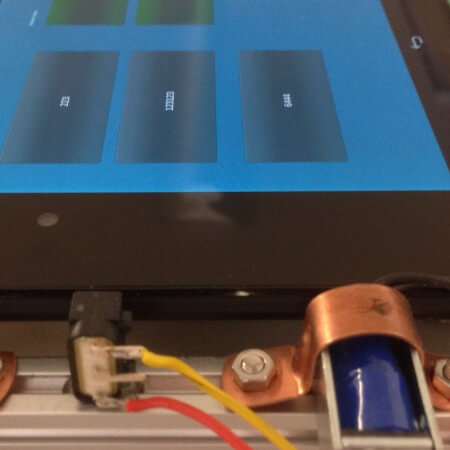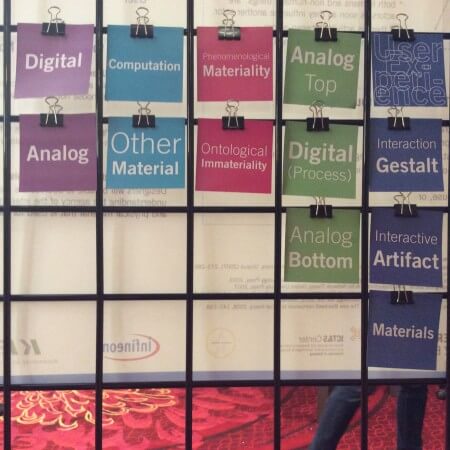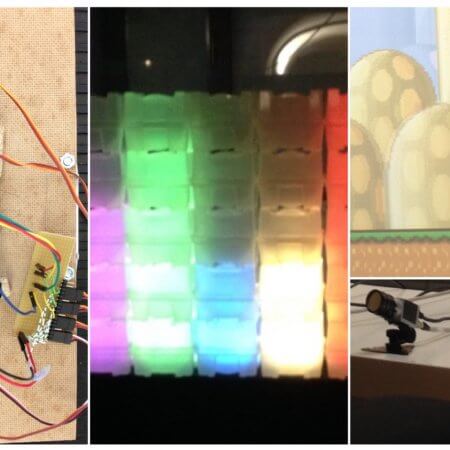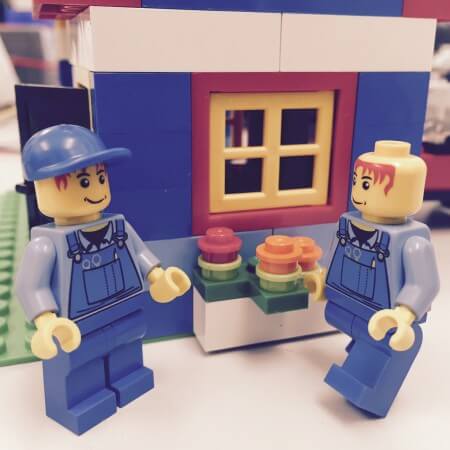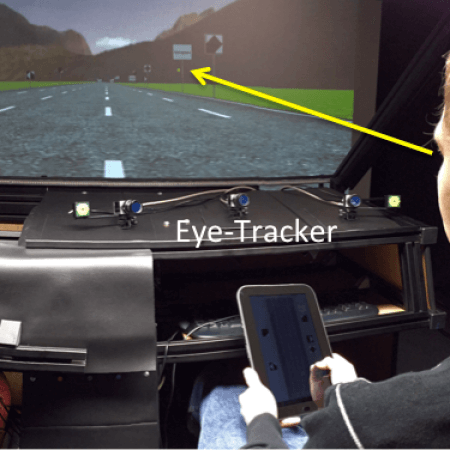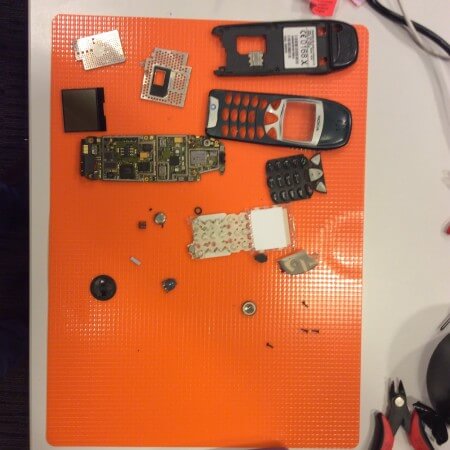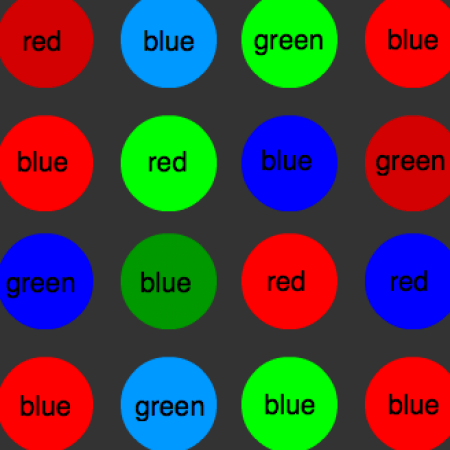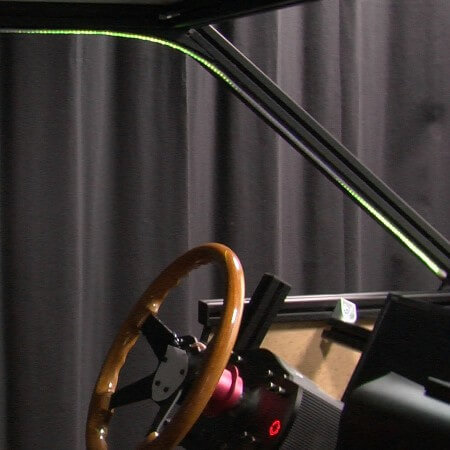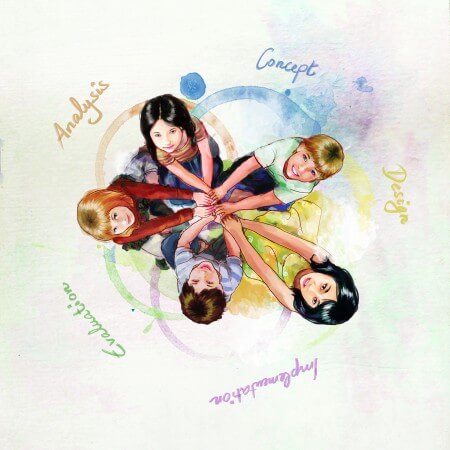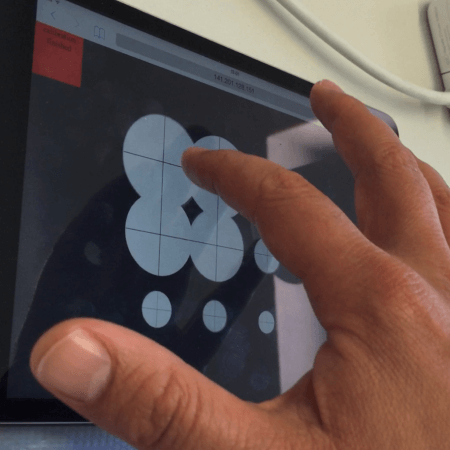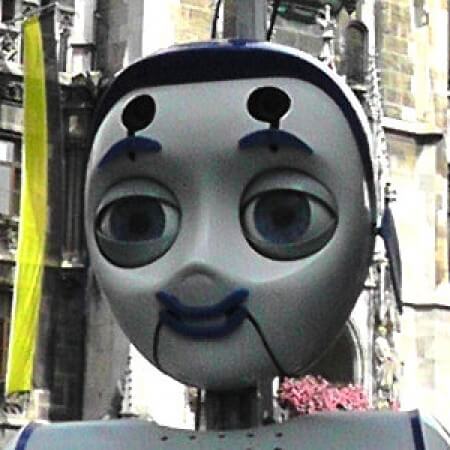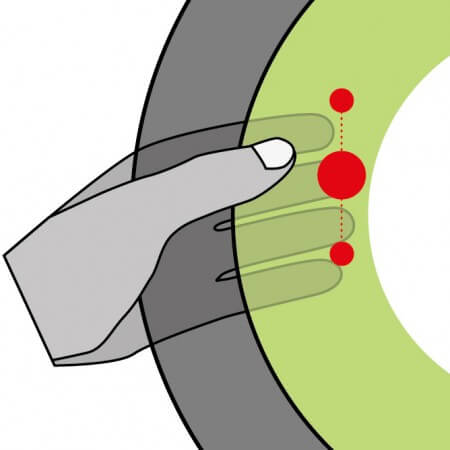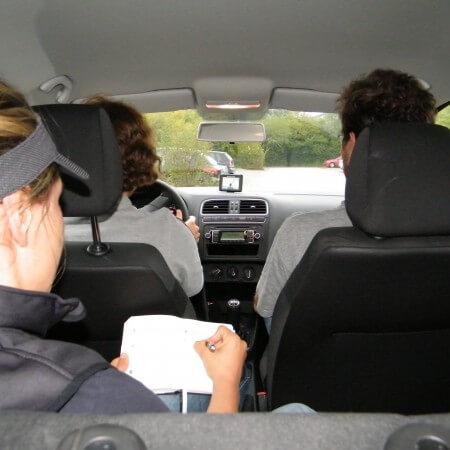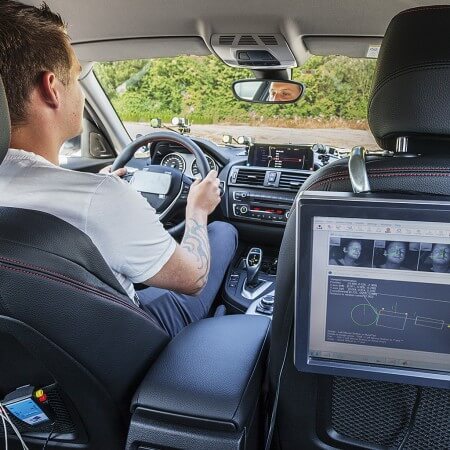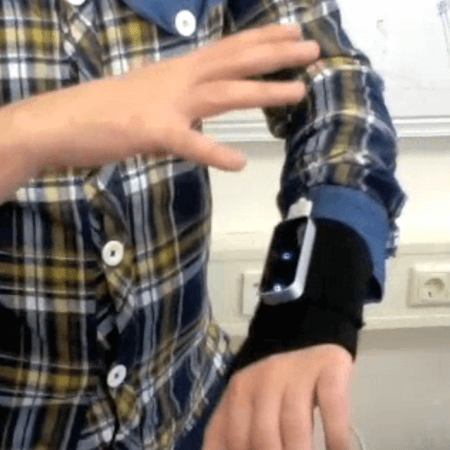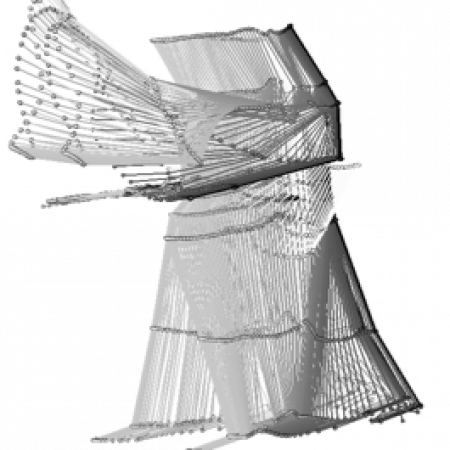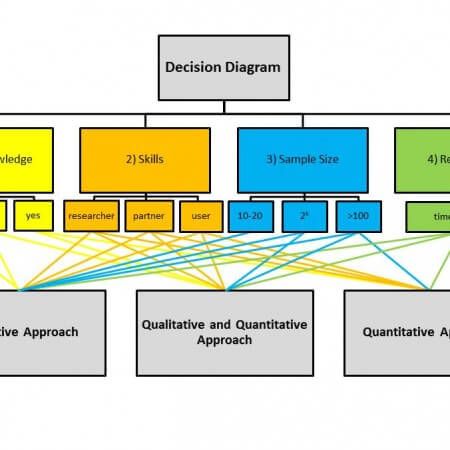Our research and design efforts are driven by the assumption that humans and technology are in a constant interplay, shaping and reshaping each other. Research activities at the Center for Human-Computer Interaction are organized in currently six research groups and two horizontal labs that target contextual interaction from different angles, from human-computer interaction to interaction design and intersections thereof.
Our research efforts on Contextual Persuasion aim to enable individuals and groups to change their attitude, habits, and behavior by means of interactive technologies. Therefore, we conduct fieldwork in order to identify potentials for persuasive strategies and technologies, design (contextual) behavior change systems, and study persuasive technologies in-situ.
In our research on Human-Robot Interaction, we aim to enable social interactions between humans and robots. We investigate the potential of multimodal and natural interaction in order to facilitate these social interactions, especially targeting challenging contexts, such as industrial production, tele-operated medicine, and robots in public spaces.
Our group on Material & Experiential Foundations advances knowledge about experiential qualities of materials in design and usage of interactive artifacts. Its research focuses on the materiality of interactions, user experience, and (de-)constructive design research, and is characterized by empirical and theoretical studies as well as reflections.
Enabling extended bodily perception and experiences is the aim of our Embodied Interaction group. Therein, we explore sensorimotor skills and couplings by means of constructive design efforts, engineering, and craft, seeking to understand and create material qualities of novel interaction technologies.
The group on Computer Supported Cooperation aims to understand and facilitate meaningful computer mediated cooperation. Therefore, we investigate the humans’ (situated) needs for successful cooperative processes (e.g., social presence), as well as the nature of according resources (social capital).
Promoting social interaction and health/well-being of selected user groups in the (extended) home is the aim of Enhancing Life Experience. Being committed to a user-centered design approach, our focus lies on enhancing people’s life experiences through creating valuable technical solutions.
The Car Interaction Lab and the Fabrication Experience Lab bridge all these research activities. They allow our researchers to design, prototype, and study contextual interactions in an atmosphere that is charged with the experiential qualities of the contexts we address.


